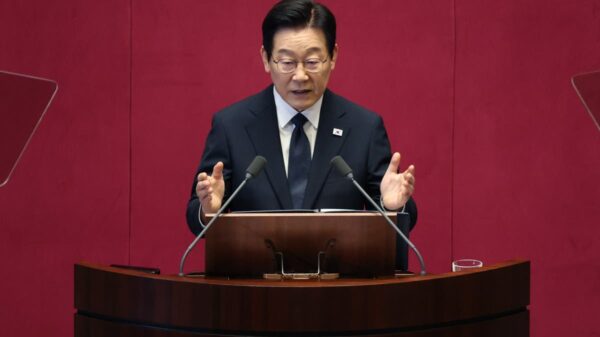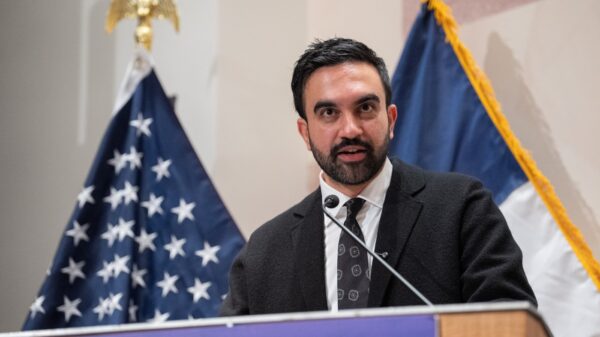UPDATE: A recent Pew Research study reveals that 83% of U.S. adults believe in God, sparking urgent questions about the implications of faith in today’s society. Despite this high percentage, troubling levels of crime and immorality persist across the nation, raising critical inquiries into the nature of belief and its impact on behavior.
In rural areas throughout the Great Plains, individuals from diverse backgrounds—including local bar patrons, business owners, and churchgoers—identify as part of this 83%. Yet, a pressing question emerges: If so many people genuinely believe in God, why do we witness ongoing societal issues?
Clint Decker, president of Great Awakenings, emphasizes that a deeper understanding of what it means to believe in God is essential. He argues that many individuals equate belief with mere acknowledgment, leading to a disconnect between faith and moral conduct.
Decker highlights several biblical truths that challenge a superficial understanding of belief:
1. **Believing in God is synonymous with a belief in Jesus**. Rejecting Jesus negates the essence of faith, as He stated, “And whoever sees me sees him who sent me.” (John 12:45).
2. **True belief recognizes Jesus’ divine nature**. Accepting His virgin birth, death, and resurrection is critical, even if full understanding is absent.
3. **Faith means trusting Jesus fully**, committing to His authority over one’s life.
4. **Following Jesus involves obedience** to His teachings, regardless of personal cost.
5. **Belief is a union with Christ**, resulting in profound personal transformation.
Decker warns that many self-identified believers limit their faith to an intellectual acknowledgment of God’s existence, reminiscent of scripture which states, “You believe that God is one; you do well. Even the demons believe—and shudder.” (James 2:19).
This troubling reality suggests that acknowledgment alone does not lead to meaningful change. Decker calls for a shift from superficial faith to a radical, transformative belief in Christ, urging individuals to embrace a life governed by His teachings.
As faith-based discussions grow, the implications for communities are significant. Decker concludes with a heartfelt prayer for those seeking genuine faith: “Lord God, may people move past mere acknowledgment and embrace true biblical belief in You.”
As this conversation unfolds, it is crucial for individuals to engage with their beliefs deeply, recognizing the potential for faith to effect real change in society.
For more insights and updates, follow Clint Decker’s blog at clintdecker.blogspot.com or share your thoughts at [email protected].







































































